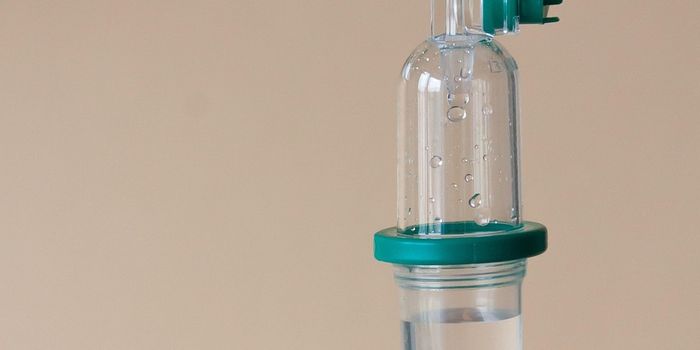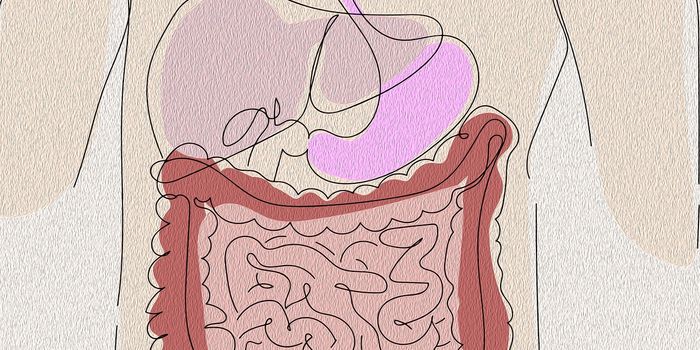Protection from Zika Virus for A Defenseless Fetus
A malaria drug, called hydroxycholorquine, prevents Zika virus - even when a mother is already infected - from crossing the placenta and reaching the fetus. While researchers still need to ensure that long-term use of the drug is safe for pregnant women, this new finding could greatly help protect babies from the deleterious effects of a Zika virus infection.
In addition to treating and preventing malaria, hydroxychloroquine is used to treat symptoms of autoimmune diseases like rheumatoid arthritis and lupus. For Zika virus, scientists all over the world are looking for preventative and therapeutic options for those infected, but so far no treatments have been approved for pregnant women.
"[Hydroxychloroquine] already is used in pregnant women to treat malaria, and we suggest that it warrants evaluation in primates and women to diminish the risks of Zika infection and disease in developing fetuses,” said senior author Indira Mysorekar, PhD, of a new study from the Washington University School of Medicine.
Pregnant women who contract Zika can spread the infection to the fetus, which are then born with a condition called microcephaly, “an indicator of neurological damage.” The immune system of a pregnant woman has its own methods of protecting the fetus, mainly a cellular process called autophagy where the body eliminates waste and pathogens from the body. While this may prevent other pathogens from crossing the placenta and reaching the fetus, Zika virus is undeterred.
Mysorekar investigated Zika’s journey across the placenta, looking for what the virus was doing that other pathogens weren’t capable of doing. Researchers saw that genes involved in the autophagy processed were activated in response to the presence of Zika virus. But in this case, autophagy promoted the Zika infection instead of suppressing it.
Researchers observed this phenomenon when they gave Zika-infected cells autophagy-promoting drugs. "It appears that Zika virus takes advantage of the autophagy process in the placenta to promote its survival and infection of placental cells," explained postdoctoral fellow and researcher on the project Bin Cao, PhD.
This is where the malaria drug hydroxychloroquine comes into play; the drug suppresses autophagy, limiting Zika virus’s ability to manipulate the body’s protective mechanisms.
While hydroxychloroquine is safely used in pregnant women, the extent to its safety is only known for temporary usage. Long-term dependence on this drug for protection of or treatment for Zika virus would be necessary for many women living in high-risk environments, and the safety of long-term hydroxychloroquine use still needs to be confirmed.
We would urge caution but nevertheless feel our study provides new avenues for feasible therapeutic interventions," Mysorekar said. "Our study suggests that an autophagy-based therapeutic intervention against Zika may be warranted in pregnant women infected with Zika virus."
The present study was published in The Journal of Experimental Medicine.
Sources: Drugs.com, Washington University School of Medicine









